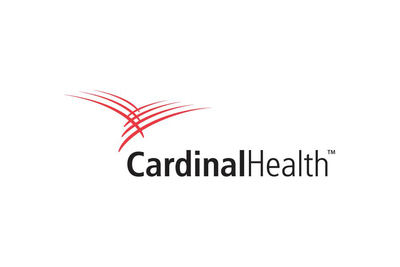Cardinal Health Oncology Insights: Oncologists Report High Levels of Burnout Symptoms, Increased Stress
Cardinal Health released new research indicating severe burnout among oncologists, with nearly 90% reporting emotional exhaustion. Over half of oncologists feel more stressed post-COVID-19, and 30% have considered early retirement due to stress. The study highlights barriers like prior authorizations affecting patient care, with 90% citing it as a significant hurdle. Cardinal Health has invested $2.6 million in mental health initiatives and aims to support oncologists in managing stress to mitigate the projected physician shortage by 2033.
- Investment of $2.6 million in mental health services.
- Commitment to reducing administrative burdens for oncologists.
- 90% of oncologists report emotional exhaustion.
- 30% considered early retirement due to increased workplace stress.
- Barriers to patient access noted, such as prior authorizations negatively impacting patient outcomes.
Insights
Analyzing...
Research shows stress leading oncologists to consider leaving the field, retiring or selling their practice
DUBLIN, Ohio, June 3, 2022 /PRNewswire/ -- Nearly
This edition features perspectives from more than 170 U.S. oncologists on the impact of burnout on oncologists, as well as changing value-based care models and patient access barriers to specialty medication.
More than half (
"Our research shows a stark contrast between oncologists' reported ability to manage stress and the actual impact it is having on their well-being, which certainly warrants closer evaluation and monitoring," said Bruce Feinberg, DO, Vice President and Chief Medical Officer for Cardinal Health Specialty Solutions.
"Cardinal Health Specialty Solutions offers expert guidance and services that enable physicians to meet the increasing demand for oncology care. These research findings, coupled with the recent Surgeon General's advisory noting a projected physician shortage by 2033, shine a light on the need to address the high levels of stress among oncologists," said Heidi Hunter, President of Cardinal Health Specialty Solutions. "In line with the Surgeon General's recommendation, we will continue developing solutions to help reduce administrative burdens, so oncologists can have more time for their patients and their personal well-being."
In addition to findings on workplace burnout, the report also examines oncologists' views on patient access barriers and their perspectives on what's next for value-based care after the Oncology Care Model (OCM) is phased out in June 2022. Key findings include:
- Nearly
90% of respondents noted prior authorizations as a significant barrier when starting patients on new medications, with80% saying this process has a negative impact on patient outcomes. - Nearly
75% of participating oncologists said they are unsure if they will join the yet-to-be-defined program that will replace the OCM.
The full report is available for download at cardinalhealth.com/oncologyinsights.
Cardinal Health understands the importance of mental health support and has invested nearly
About Cardinal Health
Cardinal Health is a distributor of pharmaceuticals, a global manufacturer and distributor of medical and laboratory products, and a provider of performance and data solutions for health care facilities. With 50 years in business, operations in more than 30 countries and approximately 44,000 employees globally, Cardinal Health is essential to care. Information about Cardinal Health is available at cardinalhealth.com.
Contacts
Media: to request a copy of the report, please contact Victor Scott, victor.scott01@cardinalhealth.com and (847) 887-1393.
![]() View original content to download multimedia:https://www.prnewswire.com/news-releases/cardinal-health-oncology-insights-oncologists-report-high-levels-of-burnout-symptoms-increased-stress-301560748.html
View original content to download multimedia:https://www.prnewswire.com/news-releases/cardinal-health-oncology-insights-oncologists-report-high-levels-of-burnout-symptoms-increased-stress-301560748.html
SOURCE Cardinal Health








